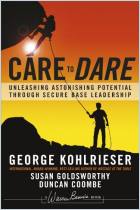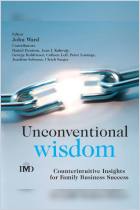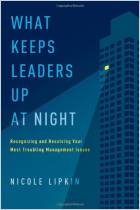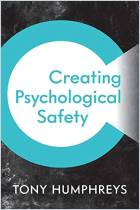
Hostage at the Table
How Leaders Can Overcome Conflict, Influence Others, and Raise Performance
Recommendation
If a dangerous criminal was demanding a one-way ticket to Venezuela as he threatened to blow your brains out, the person you would most want to see coming onto the scene is author George Kohlrieser. A psychologist and veteran hostage negotiator who has defused explosive situations around the globe, Kohlrieser now applies his knowledge, motivational insights and techniques to the business world. He contends that conflict resolution is not difficult if you understand how human self-esteem operates. The basic negotiating principles he presents may have been noted in other psychology and business management texts, but Kohlrieser's credibility and unique approach give his ideas an added kick. For example, he uses real-life hostage negotiations to illustrate his points. getAbstract thinks you'll find that this whole package is definitely a nonnegotiable demand.
Summary
About the Author
George Kohlrieser, a psychologist and veteran hostage negotiator, is a professor of leadership and organizational behavior at the International Institute for Management Development (IMD). He is an international leadership consultant.


















Comment on this summary